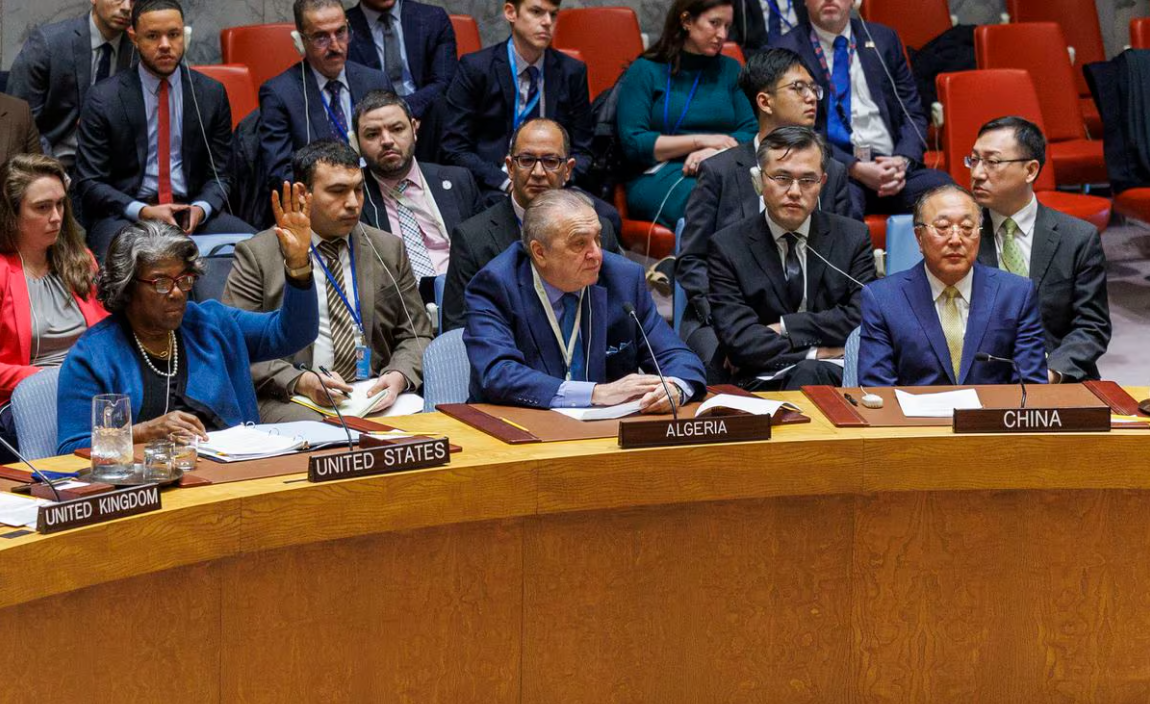A high-level committee formed by Prime Minister Shahbaz Sharif during his previous government had recommended comprehensive austerity measures to save 1000 billion (one trillion) rupees annually, but most of the committee’s recommendations were ignored. had gone. The committee had 15 members under the leadership of Nasir Mehmood Khosa, a retired bureaucrat of good repute.
The prime minister on Wednesday formed a seven-member committee tasked with recommending an action plan to reduce government expenditure. Interestingly, most of the members of the seven-member committee were also members of the previous austerity committee whose recommendations were ignored.
The newly formed committee is chaired by Deputy Chairman Planning while other members include Secretary Finance, Secretary Cabinet Division, Secretary Industry and Production Rashid Mahmood Langriyal, Qaiser Bengali, Dr. Farrukh Saleem and Muhammad Naveed Iftikhar.
The previous committee submitted its report to the then government in early 2023. The committee not only included the Finance Secretary, Cabinet Secretary, Dr. Qaiser Bengali, Dr. Farrukh Saleem and Muhammad Naveed Iftikhar, but this committee was also more powerful because it included the then Minister of State for Finance, Special Assistant to the Prime Minister for Finance, Prime Minister Special Assistant on Effectiveness, Advisor to the Prime Minister on Establishment and all the Chief Secretaries were also present.
This committee of 2023 had recommended comprehensive austerity measures which, if implemented, would be Rs 200 billion from subsidies, Rs 200 billion from development budget, Rs 55 billion from civil government running costs, Rs 60 to 70 billion from single treasury account.
While other saving measures would have saved 100 billion rupees. Apart from this, the sale of subsidiaries and assets of non-strategic government companies (State Owned Enterprises) and a 15% cut in the non-war defense budget would have saved 174 billion rupees. This committee had written in its report that the aim of the committee is to ensure annual savings of one thousand billion rupees through mid-term measures. The committee submitted this report to the Prime Minister of the previous PDM government, Shehbaz Sharif, who ignored most of the committee’s recommendations and implemented some parts.
The previous committee’s report concluded, “Implementation of the recommendations will be a difficult task, but in view of the financial situation of the country, it is necessary that all sections of the society, especially those who are given government funds, contribute to the austerity effort.” . Many of the committee’s recommendations can be implemented immediately while others will need to be implemented in the medium term.” Following are the previous committee’s recommendations: Cabinet to consist of a maximum of 30 members. Should, 15% cut in salaries and allowances of parliamentarians, 15% reduction in current expenditure of all ministries, divisions, attached departments, subordinate offices, autonomous bodies and departments of provincial governments, freeze the recurrent budget, There will be a ban on the purchase of all new vehicles, a 25% reduction in the specific or admissible allowance of any post or institution or cadre, a complete ban on the establishment of new administrative units (divisions, districts, sub-divisions, tehsils) for two years; Security protocols for all government employees should be reviewed and drastically reduced.
Complete ban on new recruitment; Freeze discretionary grants/Secret Service Fund (except for ISI and IB); All facilities related to foreign travel, postings and visits will be reviewed by the Finance Division and the Cabinet Division in consultation with the External Affairs Division. The pension reforms being considered by the Finance Division will be finalized by 30 June 2023. Maximum pension (including judges of Supreme Court and High Courts) should in any case not be more than five lakh rupees per month, all posts vacant for 3 years should be abolished. The budget allocated for embassies will be reduced by 15%. Import of luxury vehicles should be completely banned. If there is no ban, heavy taxes and wealth tax should be imposed, use of special utility vehicles (SUVs) by government officials, retired civil servants, judicial officers of high courts and civil services should be stopped. All concessions for e.g. vehicles, security, support staff and utilities should be abolished, Cabinet Division will identify institutions that perform similar functions, Establishment Division, Finance Division and Cabinet Division as per the constitutional mandate of Ministries/ Divisions/ Attached Departments/ The number of subordinate offices/autonomous bodies/authorities will be rationalized or reduced, entertainment allowance will be drastically reduced, foreign travel will be done only under urgent circumstances, all subsidies will be targeted at the poor only.
Provinces should contribute to subsidies and grants for their own people, in the case of the Benezir Income Support Program and in terms of subsidies on tubewells, fertilizer, electricity, the majority of the beneficiaries are from the provinces. Therefore, a partnership or sharing mechanism can be developed between the federal and provincial governments on a phased basis.
Wheat subsidy should be targeted and private sector should play a greater role, prepaid metering should be introduced for electricity and gas, no new greenfield projects should be included in the Public Sector Development Program (PSDP), except of water, energy, climate change and pro-poor projects. Ongoing/sanctioned development projects may be reviewed and only the most important and necessary/feasible ones
Prime Minister effort to save 1000 billion annually the recommendations of the previous austerity committee were ignored










